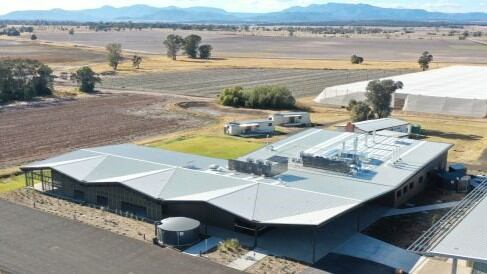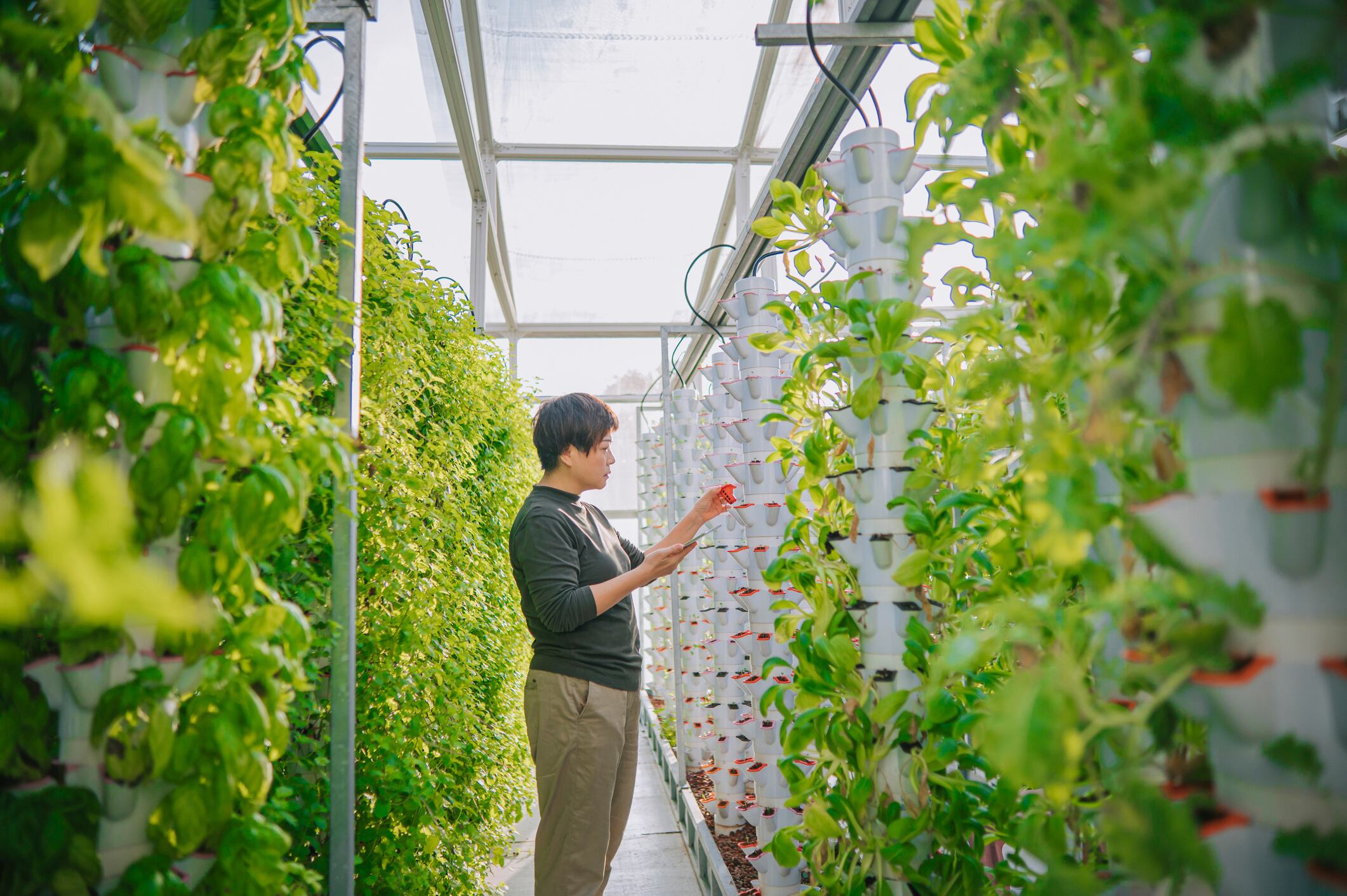At the recent 16th Agricultural Science Congress (ASC) in Kochi, Rupala stressed the importance of scientific innovations in achieving this goal. Against the backdrop of escalating food demand, environmental degradation and climate change challenges, he called for urgent action to address these issues.
He also highlighted the necessity of greater mechanisation in agriculture and the development of specialised farm implements for women. Drawing attention to the perilous impact of marine and inland water pollution on aquatic life and coastal ecology, he urged scientists to find sustainable solutions to combat this growing threat.
At the same time, he advocated for the promotion of traditional farm products like Pokkali rice, emphasising the need to ensure profitability for farmers of such products. He underscored the importance of minimising post-harvest losses through advanced technological interventions, equating it to boosting production.
The 16th ASC, hosted by the Central Marine Fisheries Research Institute (CMFRI), brought together over 1,500 delegates from India and abroad with the aim of providing recommendations for the agriculture sector to move towards greater sustainability.
Innovations and funding: Pros and cons
Rupala’s wishes may well be granted, as India's agricultural technology sector is experiencing a surge of innovations aimed at revolutionising the country's food production methods.
Start-ups and established companies alike are leveraging cutting-edge technologies — from precision farming and data analytics to Internet of Things (IoT) devices and AI-driven solutions — to enhance agricultural efficiency and sustainability. In addition, predictive analytics and smart irrigation systems are becoming integral components of the country’s agricultural landscape.
Leading the charge is AgroTech Innovations Ltd, a Mumbai-based start-up that recently secured a US$60.8 million funding injection from a consortium of venture capital (VC) firms. The funds have been earmarked for developing innovative solutions to enhance crop yield, optimise resource utilisation and bolster farmer incomes.
AgroTech Innovations is just one Indian agtech start-up benefiting from much-needed funding; India’s agtech sector on the whole is witnessing a significant injection of funds from both public and private sources. The Indian government, committed to modernising agriculture, has allocated a substantial budget for agtech research and development (R&D). Additionally, private investors who recognise the sector's potential are also pouring in capital.
However, while some sectors of the ag-tech industry are enjoying increased funding, others are facing uncertainty due to funding cuts. The government's decision to reallocate budgetary resources has prompted concerns about the future of crucial agricultural research programmes.
Notably, the Indian Council of Agricultural Research (ICAR) has undergone a 15% reduction in its annual budget, eliciting concerns from scientists and researchers. Critics argue that such cuts, which tend to affect smaller agtech players, could hinder crucial research initiatives aimed at developing climate-resilient crops and sustainable farming practices. They could also limit the diversity of solutions needed to address India's varied agricultural challenges.
Food production and security challenges
India, a country with a predominantly agrarian economy, has been grappling with escalating challenges in food production. Climate change-induced weather fluctuations, water scarcity and the lingering spectre of outdated farming practices are among the hurdles that threaten to disrupt the nation's food security.
This means India's ambitious goal of achieving food security for its growing population faces multi-faceted challenges. Erratic weather patterns, water scarcity and the overuse of chemical fertilisers pose threats to agricultural productivity. Moreover, the sector is struggling with the adverse impacts of climate change, affecting crop yields and farmer livelihoods.
A recent report by the country’s Ministry of Agriculture highlighted the urgent need for sustainable agricultural practices to mitigate environmental impact and ensure long-term food security, emphasising the importance of adopting agro-ecological approaches and resilient crop varieties.
In response to these challenges, the agtech sector is focusing on solutions geared towards sustainable agriculture, water management and climate-resilient crops. Innovations such as precision irrigation, drought-resistant seeds and AI-powered crop monitoring systems are being developed to safeguard India's food production from the impacts of a changing climate.
Agtech sector implications and agri-food sustainability impact
The developments in India's agtech landscape have profound implications for the sector's future. While increased funding and innovations hold the promise of a more resilient and productive agricultural system, concerns over funding cuts and the impact on smaller players underscore the need for a balanced approach to nurturing the sector.
These developments, along with the concurrent challenges in funding and food security, also have profound implications for the country’s agri-food system and sustainability goals. The success of agtech innovations can potentially enhance productivity, reduce environmental impact and improve farmers' livelihoods.
Conversely, funding cuts in critical research areas may impede progress towards sustainable agriculture. The agri-food system's resilience is being put to the test as it navigates the delicate balance between technological advancements and the pressing need for environmental conservation.
A balancing act
As India strives to modernise its agricultural practices, stakeholders emphasise the importance of a holistic approach that integrates technological innovation with sustainable farming practices. At the same time, the agtech sector presents great potential for addressing the pressing challenges that threaten the nation's food security.
The country’s ability to overcome these challenges will shape the future of its agri-food sector and determine its success in achieving food security while promoting environmental stewardship. The delicate balance of innovation, funding and inclusivity will shape the trajectory of India's ag-tech revolution and determine its ability to sustainably feed a growing population in the years to come.




